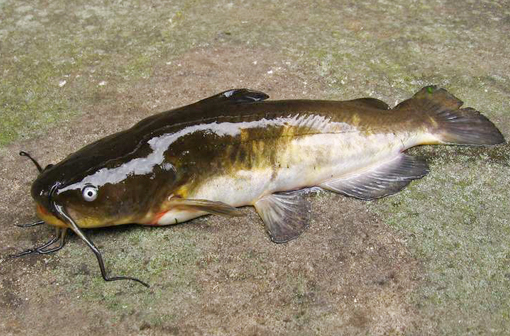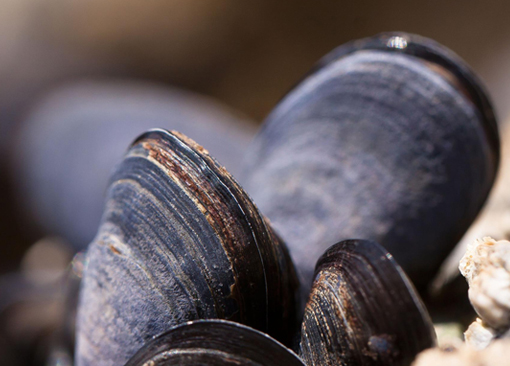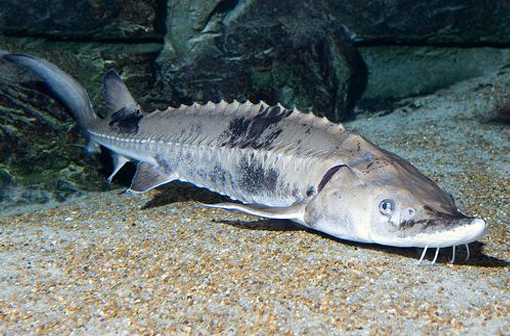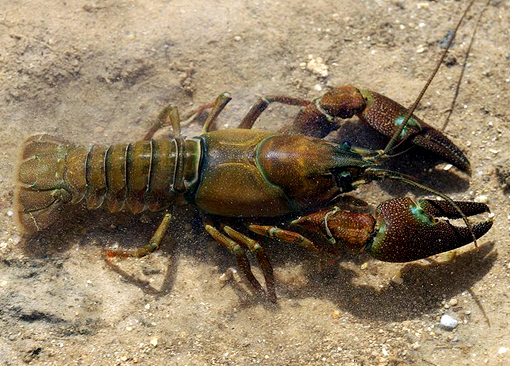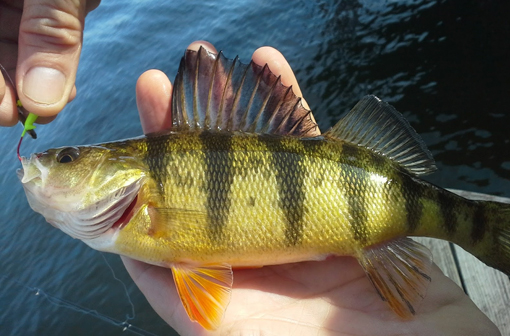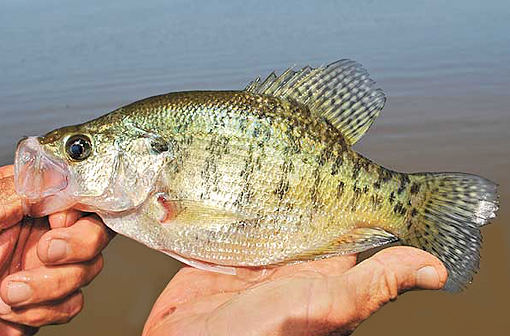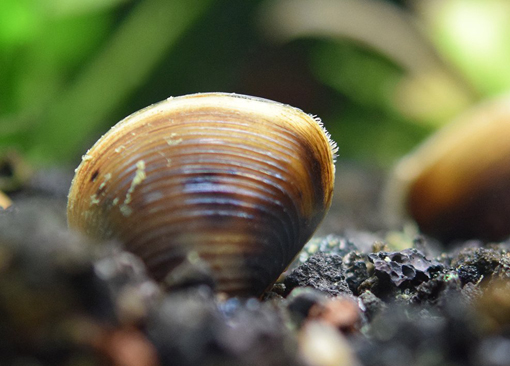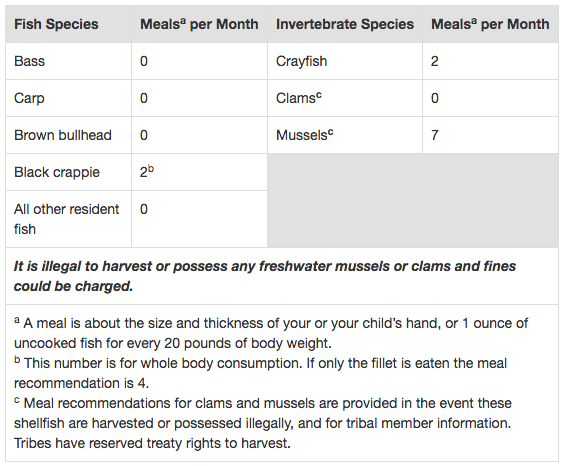Fish Consumption Warnings
Willamette River Health Advisory
This page is being updated.
For recent historical information, please see below.
The advisory affects bass, carp, brown bullhead, black crappie
Brown B
Bass
Mussels
Carp
Sturgeon
Crayfish
Perch
Crappie
Clams
April 11, 2018
The Oregon Health Authority is updating an existing health advisory issued June 2004 for resident fish in the Portland Harbor area of the Lower Willamette River.
The advisory effectively expands the 2004 advisory for two reasons:
- Fish and shellfish tissue data made available to OHA shows the level of polychlorinated biphenyls, or PCBs, found in resident species of the Lower Willamette River warrants updating meal recommendations.
- Additional fish tissue data collected outside the Portland Harbor study area warrants expanding the boundary of the fish advisory.
The boundary now encompasses the Lower Willamette River from the Sellwood Bridge to its confluence with the Columbia, to include Multnomah Channel from its confluence with the Willamette to the Sauvie Island Bridge. The original advisory covered only the Portland Harbor study area from the mouth of the Columbia River to the Fremont Bridge.
The advisory affects bass, carp, brown bullhead, black crappie
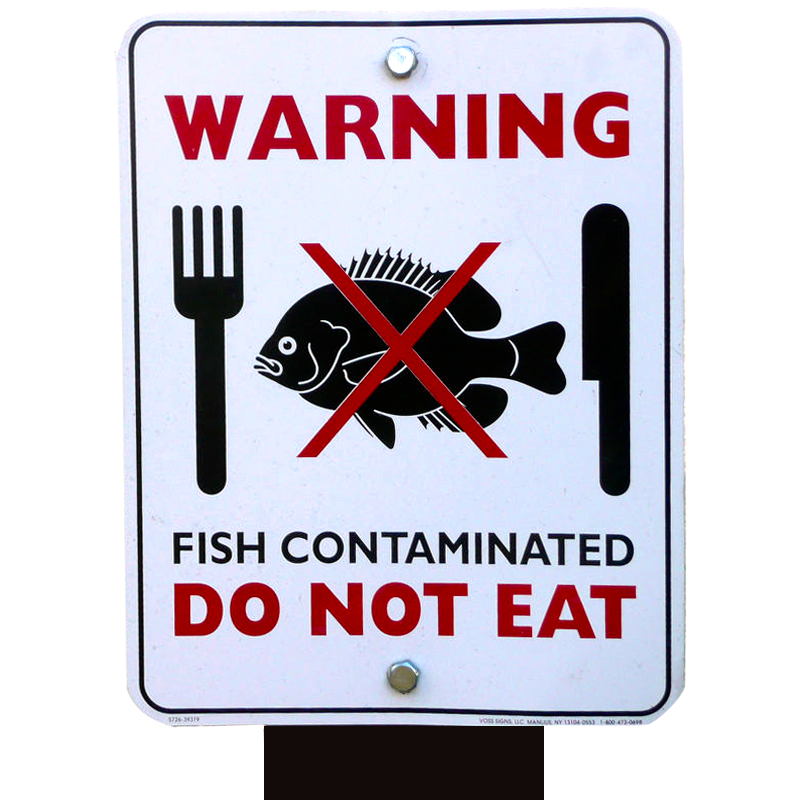
“Our iconic salmon, steelhead
Meal Recommendations For Resident Fish
People who eat too much resident fish and shellfish contaminated with PCBs can suffer negative health effects over time, such as damage to organs, the nervous system

